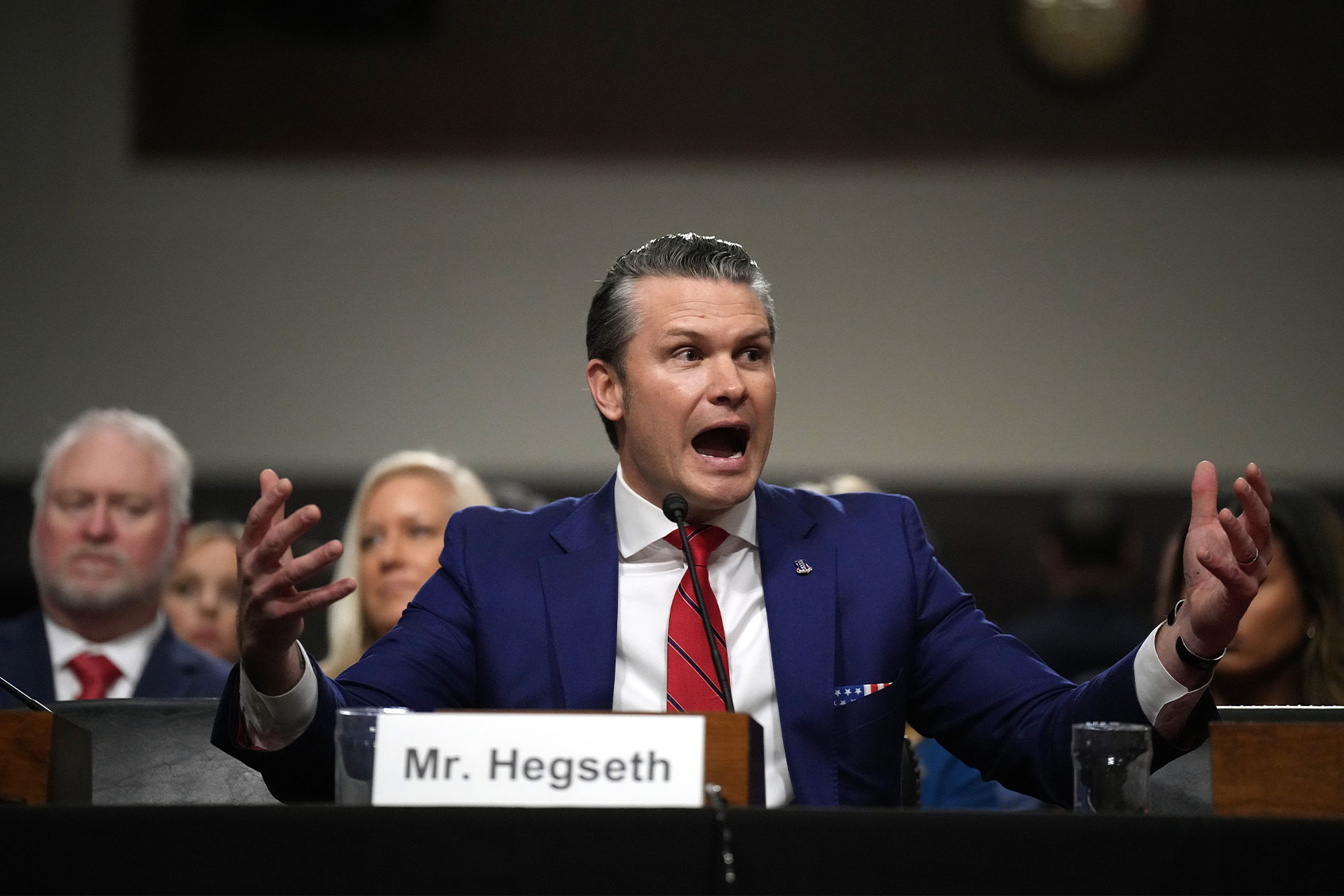Trump's Leaky Legacy
Donald Trump's administration has long been notorious for its porous security measures, with officials frequently spilling secrets to the press or social media. The president's latest attempt to crack down on leaks, however, rings hollow given his own history of breaching confidentiality.
The Trump administration claims to be waging a new war on leakers, citing an internal Defense Intelligence Agency (DIA) "Battle Damage Assessment" that revealed the US bombing of Iran's nuclear facilities was not as devastating as President Trump claimed. However, this is not a new development – the White House has been whining about leaks for years.
A senior White House official declared, "We are declaring a war on leakers," and blamed "Deep State" actors for the leak. This rhetoric is familiar to anyone who has followed Trump's administration's antics over the past few years. The White House's complaints about leaks have always been a thinly veiled attempt to deflect attention from their own wrongdoing.
Attorney General Pam Bondi repeated Trump's threat, declaring that leaking sensitive information could be "treasonous," a crime carrying the death penalty. However, this characterization is both incorrect and hyperbolic – leaking classified information can be serious, but it rarely rises to the level of treason.
DHS Secretary Kristi Noem launched her own leak-offensive when the Los Angeles Times reported on ICE's mass deportation campaign. However, unlike Trump, she didn't enlist the FBI in her efforts – instead, she blamed them for the leak before realizing it came from her own staffers.
Trump also forgot about his own Director of National Intelligence (DNI), Tulsi Gabbard, who previously announced her battle on "politically motivated leaks." Trump threw her under the bus when she testified truthfully that Iran was not building a nuclear weapon.
Pentagon Secretary Mark Hegseth himself was accused of leaking classified information during the press conference for Trump to promote the revisionist narrative on airstrikes in Yemen. Hegseth missed an opportunity to argue that leaking involved classified information, and instead failed to address the elephant in the room – his own role in the leak.
What unites all these wars on leaks is not the potential or actual harm caused by them but rather their amateur-hour sloppiness, retaliatory stench, and performative overkill. Trump's war on leaks is a transparent attempt to embarrass his critics and silence whistleblowers.
Unlike policing, polygraphing, and punishing employees, meaningful whistleblower channels can curb leaks more effectively than Trump's approach. The government should focus on providing better protections for whistleblowers rather than launching expensive investigations.
Jesselyn Radack, national security and human rights director of the Whistleblower & Source Protection Program (WHISPeR), emphasizes the importance of protecting whistleblower channels. She notes that leaks are a safety valve for democracy and can reveal government wrongdoing when officials fail to act.
Trump's "new" war on leaks is as old as journalism – it's a tired attempt to bully whistleblowers and silence critics. It's time for the Trump administration to focus on providing meaningful protections for those who seek to expose government secrets, rather than perpetuating a culture of fear and intimidation.
We need your help to stay independent and continue reporting truth to power. Support us today by becoming a member or making a donation.
